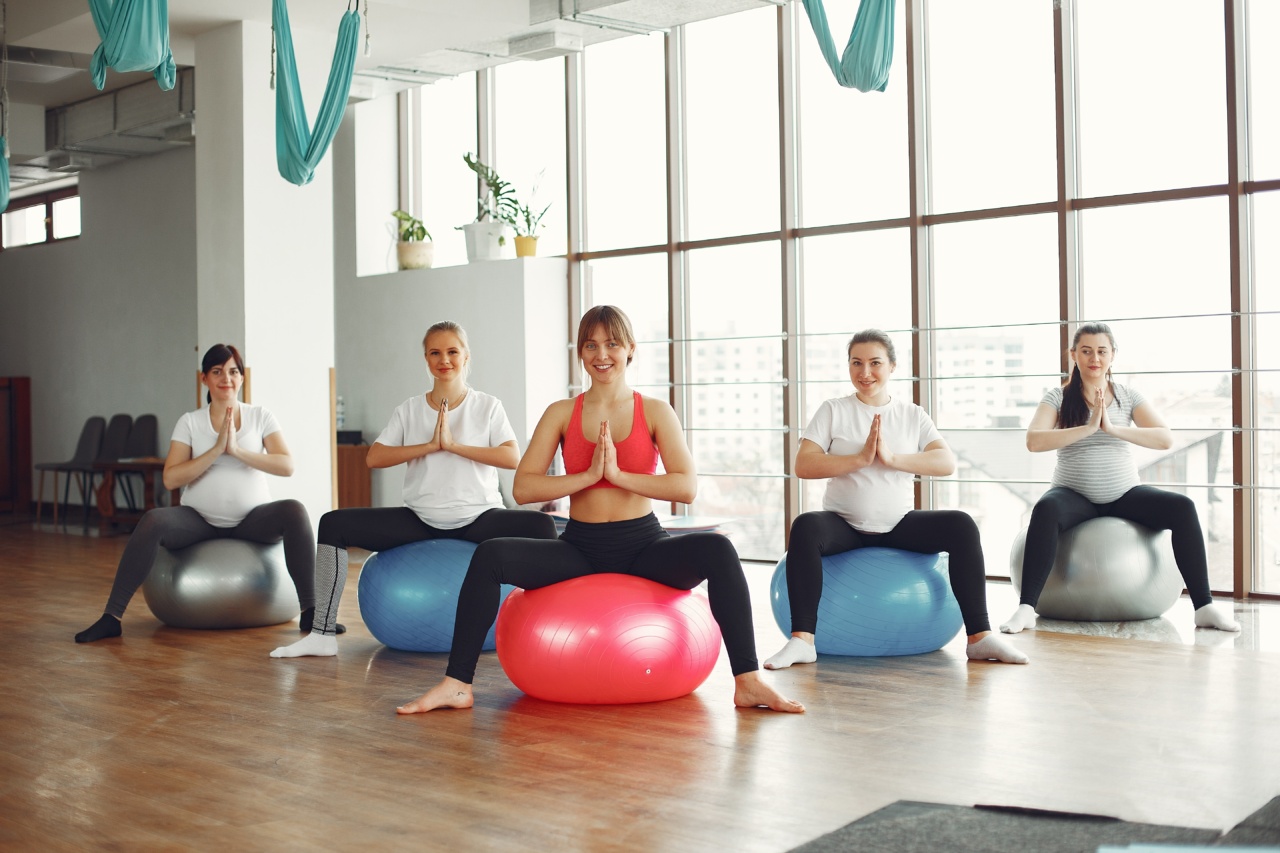Gymnastics is a physically demanding sport that demands a lot of dedication, discipline, and hard work.
It requires strength, flexibility, and agility, among other physical qualities that can only be developed through consistent training and a healthy diet. A balanced diet is essential to support your gymnastics training, as it provides your body with the necessary nutrients and energy to perform at your best.
The Importance of a Balanced Diet for Gymnasts
A balanced diet is crucial for gymnasts, as it provides the nutrients and energy required to fuel the body during training and competition. Gymnastics requires a significant amount of energy, which can only be obtained from a proper diet.
A balanced diet should include a mix of carbohydrates, proteins, healthy fats, vitamins, and minerals to maintain a healthy body weight, support muscle growth and repair, and improve overall performance.
Carbohydrates
Carbohydrates are the primary source of energy for the body during physical activity. They provide glycogen, which is a stored form of glucose, to the muscles during exercise.
Carbohydrates also help to maintain a healthy body weight, as they are filling and prevent overeating. Examples of healthy carbohydrate sources for gymnasts include fruits, vegetables, whole grains, and legumes.
Proteins
Proteins are essential for muscle growth, repair, and recovery. Gymnasts require adequate protein intake to support the development of lean muscle mass, which is crucial for performing gymnastics skills.
Proteins also aid in the synthesis of hormones and enzymes, which are essential for various bodily functions. Some healthy sources of protein for gymnasts include lean meats, poultry, fish, beans, lentils, nuts, and seeds.
Healthy Fats
Healthy fats help to provide energy, support cell growth and maintenance, and promote satiety. They also aid in the absorption of fat-soluble vitamins, such as Vitamin A, D, E, and K.
Healthy fat sources for gymnasts include nuts, seeds, avocado, olive oil, and fatty fish such as salmon and tuna.
Vitamins and Minerals
Vitamins and minerals are essential for overall health and wellbeing. They play vital roles in various bodily functions and help to prevent deficiencies and illnesses.
Some essential vitamins and minerals for gymnasts include Vitamin D, Calcium, Iron, and Magnesium. Vitamin D is crucial for bone health, while Calcium helps to strengthen bones and prevent injuries.
Iron is essential for the production of hemoglobin, which helps to transport oxygen to the muscles, and Magnesium aids in muscle function and relaxation.
The Risks of Poor Nutrition
Poor nutrition can lead to various health problems, such as malnutrition, obesity, and chronic diseases. Gymnasts who do not follow a balanced diet may experience fatigue, weakness, poor performance, and increased risk of injuries.
They may also struggle with maintaining a healthy body weight and may be more susceptible to illnesses, such as the common cold and flu. It is essential for gymnasts to eat a balanced diet to support their physical and mental health and improve their overall performance.
The Role of Hydration
Hydration is crucial for gymnasts, as it helps to regulate body temperature, transport nutrients, and eliminate waste products. Dehydration can lead to fatigue, poor performance, and even heat exhaustion.
Gymnasts should drink plenty of fluids before, during, and after training and competition to stay hydrated. Water is the best choice for hydration, but sports drinks may be beneficial for longer-duration workouts as they provide electrolytes that are lost through sweat.
Samples of a Balanced Diet for Gymnasts
Here are a few examples of a balanced diet for gymnasts, based on the recommended daily intake:.
- Carbohydrates: 6-10 servings per day
- Fruits and vegetables: 5-9 servings per day
- Protein: 2-3 servings per day
- Healthy fats: 2-3 servings per day
- Fluids: 8-10 cups per day
Conclusion
A balanced diet is essential to support gymnastics training, as it provides the necessary nutrients and energy to perform at your best.
A balanced diet should include a mix of carbohydrates, proteins, healthy fats, vitamins, and minerals to maintain a healthy body weight, support muscle growth and repair, and improve overall performance. Gymnasts who follow a balanced diet are better equipped to meet the demands of their sport, stay healthy, and achieve their goals.




























